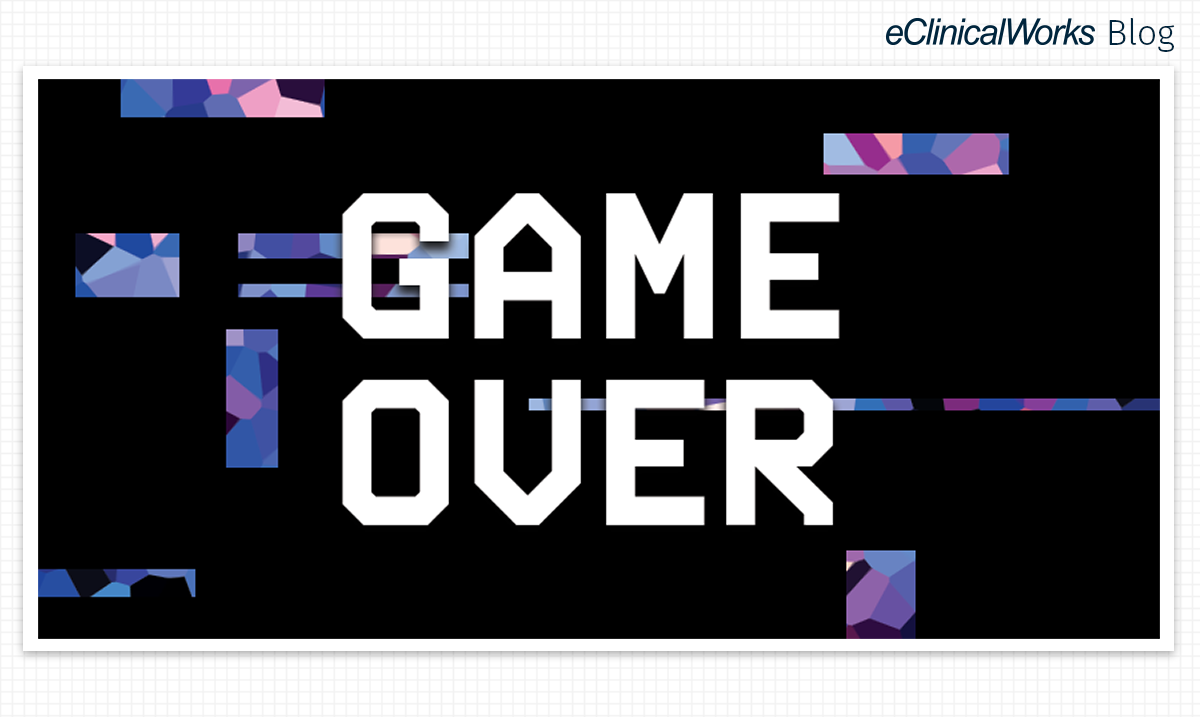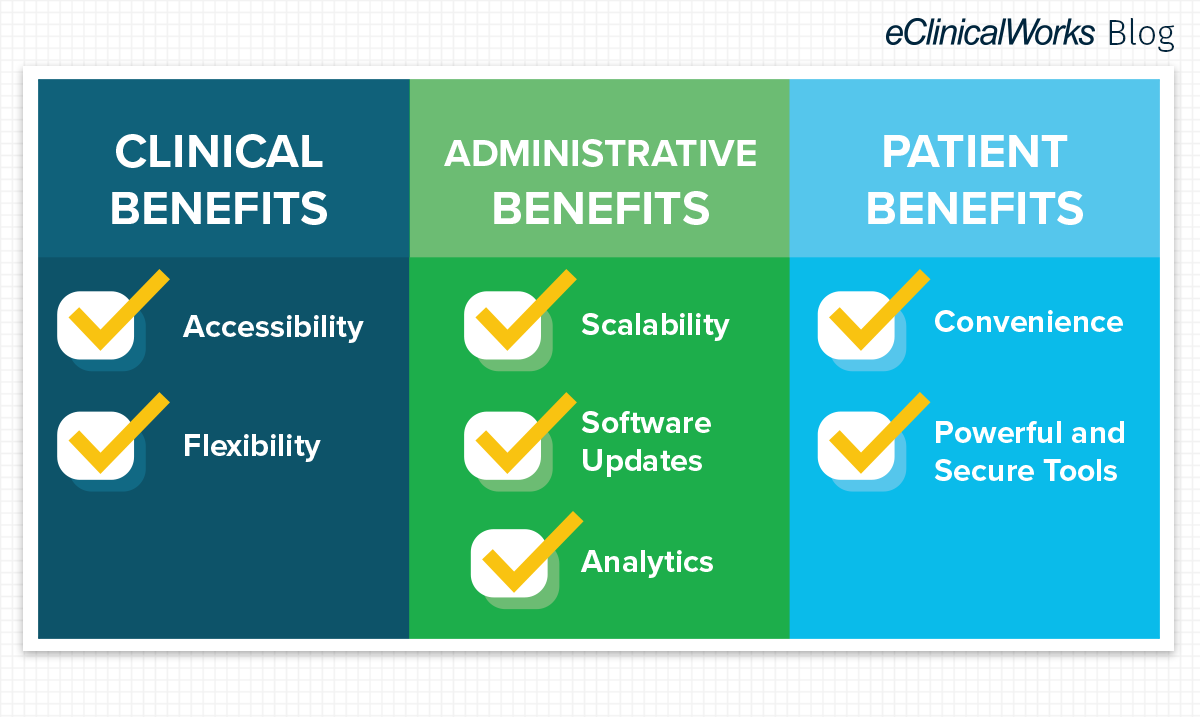After a long and stressful day, you finally sit down, kick back, and start up the new video game you picked up. A black screen accompanies a sprawling medieval-inspired score and the rhythmic clacking of a horse speeding across a cobbled street. You wait. A white bar appears and then crawls slowly across the screen. Your eyelids grow heavier. As you get up to shut off the console, the screen changes to an armored knight riding his horse in circles without your guidance. A second later, the screen buzzes out, the music swells, and the game shuts off.
Now, imagine if the functionality of the software you use affected patients in the same way as a broken video game.












